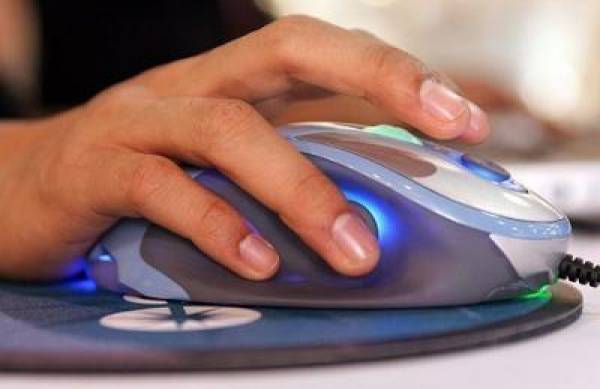Nevada Attorneys Agree on Direction State is Taking on Internet Poker

The state of Nevada became the first to legalize Internet poker this summer. The legislation cannot be implemented, however, until a federal law is passed.
Attorneys from one of Nevada’s largest law firms told the Las Vegas Review Journal on Wednesday the state is taking the right step, especially as it applies to getting into the game early.
Nevada regulators will work on the first set of proposed online poker regulations during a public workshop later this month. They hope to allow people to play the game for real cash by January, provided federal legislation is passed.
Attorney Mark Clayton told the paper Nevada will be at the forefront of a multi-billion dollar industry.
"The first state out to capture the market is going to have a tremendous advantage," said Clayton, one of several attorneys from Lionel Sawyer & Collins who took part in a two-hour seminar on Internet gaming at the University of Nevada, Las Vegas' Boyd School of Law.
Could Nevada become the Silicon Valley of online poker? That remains to be seen.
Some of those in the poker community as it exists today believe any new law will abolish current competition, most of which comes from overseas.
"The regulations dictate that there be a connection with a traditional bricks and mortar casino," said attorney Dan Reaser.
That, of course, means Las Vegas casinos. Some of the big European i-Gaming companies are already thinking well ahead by joining forces with Vegas casinos the likes of Caesar’s, MGM and Wynn. The brick and mortar casinos will need to forge such relationships. It has taken years for the major online poker networks to perfect their software and even now networks the likes of OnGame, i-Poker, Bodog are not without their flaws. Bodog Poker’s CEO last week admitted that his company’s software, in existence for more than 7 years, is not even worth marketing until upgrades are in place by year’s end.
It’s not all about software but the customer databases.
Clayton said companies like PokerStars and the now offline Full Tilt Poker may not get licensed in Nevada but could still sell their databases of U.S.-based players to other Internet poker firms.
"The database would have the most value because a company isn't starting from scratch," Clayton said.
With two separate federal bills in Congress addressing legalization of Internet gambling, attorney Greg Gemignani doesn’t see either passing during the current session. Nearly all the attorneys believed approval of Internet poker, specifically, will be “inevitable”.
Some have suggested that a measure could be attached to a “super committee” initiative that seeks to find an additional $1.5 trillion in debt savings. Online poker would result in massive revenues from taxation and licensing (see Italy’s model, which has resulted in that country becoming the biggest Internet gambling market in Europe).
Nevada is somewhat restricted with the condition for federal legislation as both California and New Jersey are looking to get in the game first without the reliance on a federal mandate.
In a letter to US Attorney-General Eric Holder, NJ Senator Raymond J. Lesniak - one of the sponsors of New Jersey's proposed sports betting and Internet gambling legislation - stated that "(t)he State of New Jersey should not be impeded in any manner from exercising our rights under our state constitution and under federal law."
Lesniak has re-introduced legislation that would allow online gambling in the state of New Jersey and it has the potential to be enacted by year’s end.
- Chris Costigan, Gambling911.com Publisher









.jpg)